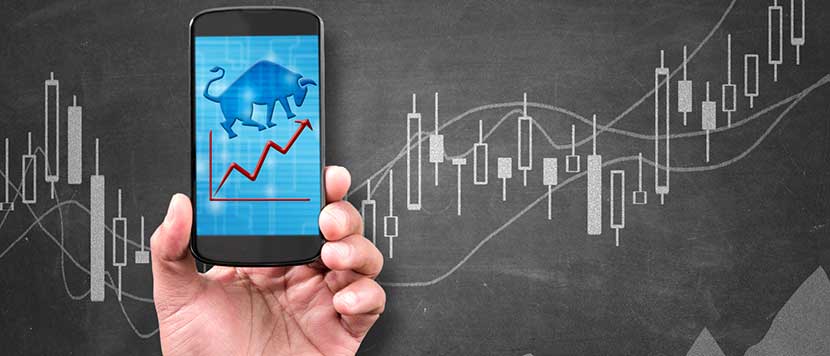Mastering market psychology is an intricate dance between understanding emotions and decision-making in trading. In the volatile arena of financial markets, where fortunes are made and lost in the blink of an eye, navigating the intricate web of human psychology is often the key differentiator between success and failure. Emotions run high in the world of trading, ranging from the euphoria of a successful trade to the despair of a significant loss. Fear and greed, two primal emotions deeply ingrained in human nature, play a central role in driving market dynamics. Fear of missing out FOMO can lead to impulsive decision-making, causing traders to chase after trends without proper analysis, ultimately leading to losses. Conversely, greed can cloud judgment, causing traders to hold onto losing positions in the hope of a reversal, leading to further losses. Understanding the psychology behind market movements is crucial for traders looking to gain an edge in the highly competitive landscape. Market sentiment, often influenced by psychological factors rather than fundamental data, can dictate the direction of asset prices.

Sentiment indicators, such as the put/call ratio or the Volatility Index VIX, provide valuable insights into the prevailing mood of market participants. By gauging sentiment, traders can anticipate potential market reversals or identify lucrative trading opportunities. Moreover, behavioral biases inherent in human decision-making can significantly impact trading outcomes. Cognitive biases, such as confirmation bias or overconfidence, can lead traders to interpret information selectively or overestimate their abilities, respectively. These biases can distort rational decision-making, leading to suboptimal trading strategies. Overcoming these biases requires self-awareness and discipline, traits that are essential for successful trading with xtrade review. Emotional discipline is another critical aspect of mastering market psychology. Emotions, if left unchecked, can cloud judgment and lead to irrational decisions. Developing emotional resilience and maintaining a disciplined approach to trading can help mitigate the detrimental effects of emotions. Techniques such as mindfulness meditation or journaling can aid in managing emotions and promoting mental clarity during trading.
Risk management is intrinsically linked to market psychology, as it governs how traders respond to uncertainty and volatility. Embracing uncertainty and understanding that losses are an inevitable part of trading can help traders maintain a rational mindset during turbulent market conditions. Implementing risk management strategies, such as setting stop-loss orders or diversifying portfolios, can protect traders from catastrophic losses and preserve capital in the long run. In conclusion, mastering market psychology is an ongoing journey that requires a deep understanding of human emotions and decision-making in trading. By recognizing the role of emotions, understanding market sentiment, and overcoming behavioral biases, traders can gain a competitive edge in the financial markets. Moreover, cultivating emotional discipline and implementing effective risk management strategies are crucial for navigating the unpredictable nature of trading. Ultimately, achieving success in trading requires not only technical skills but also psychological resilience and a disciplined mindset.